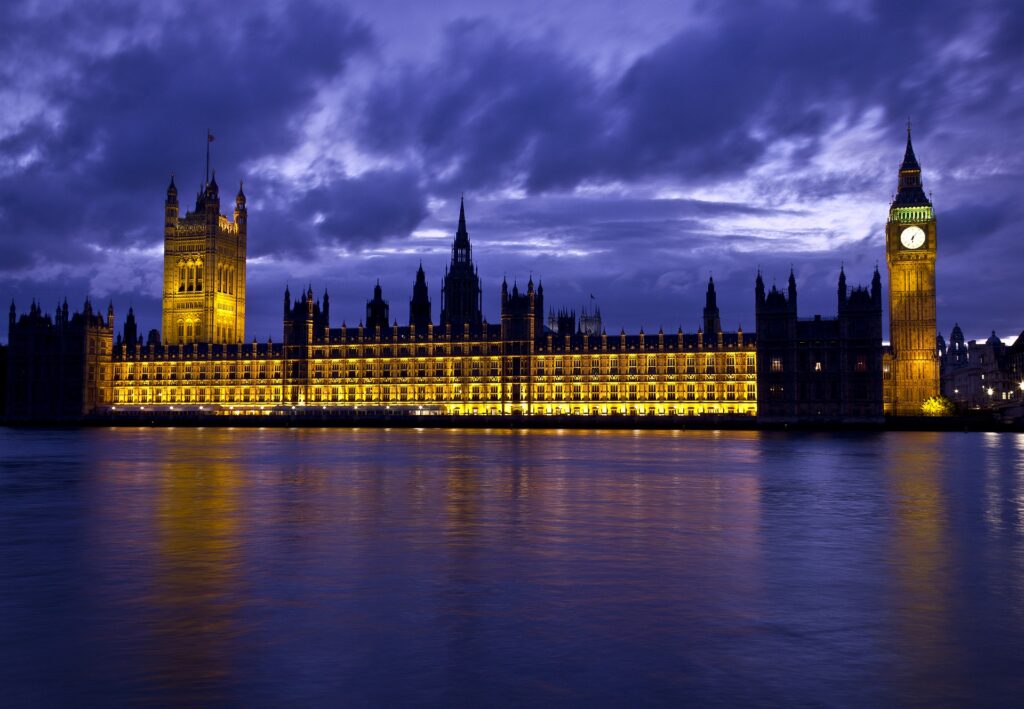Government Backed 95% Mortgages to Help First Time Buyers

Many 10% mortgage products have been pulled from the market and this has forced the government to act. It’s been a dramatic cut over the past few months, from there being 779 mortgages that require a deposit of 10% that were available before the crisis to now less than 60. It seems that The government has realised that the lack of lower deposit mortgages will further hamper first time buyers from getting onto the property market. Not only will first time buyers need to to save up for an even larger deposit, lenders are also using stricter lending criteria. Boris Johnson has decided to tackle what has been dubbed “Generation Rent” and has recently announced that the government will be working with lenders to provide government backed mortgages where only a 5% deposit is required and there will be easier lending criteria, this new scheme has been dubbed “Generation buy”.

Buy a House with a 5% Deposit
Boris Johnson has made this announcement without any further detail of when this scheme will start or for who it will apply. The government has made an official announcement on the 3rd March budget statement. It seems that the government will underwrite the extra risk, so for example if someone defaults and their house is repossessed the government would pay the lender a portion of the market value of their home. However, in the current crisis people are confused as to how the government backed assurance will be funded, and they may be particularly outraged if it becomes apparent that it is through tax payers money.

Affordability Criteria will be Lowered
It has been made clear that The Prime Minister has asked ministers to draw up plans for how stress tests can be changed. The aim is to limit the effect that the crisis has had on a potential home buyer so that their change in circumstance due to COVID-19 won’t be factored in when applying for a mortgage. One option would be to ignore a person’s salary during 2020 and refer to what they made during 2019, in usual circumstances. However, this would be ignoring the fact that for many there may not be a job to go back to and that the crisis may have unfortunately caused a long term impact on a person’s future income. Also, it may not be wise to lessen the affordability criteria if someone realistically won’t be able to afford their home due to their current circumstance. This attitude of lending is reminiscent of what happened during the days of subprime lending which ultimately caused the financial crash of 2008.

The new scheme will only apply to First Time Buyers
Without any confirmation or further details It seems that currently the 95% mortgages will only be available to first time buyers. Boris Johnson said “We will help turn Generation Rent into Generation Buy” so it seems this scheme will only apply to those who are currently renting and not existing homeowners. For house buyers who do currently own a home the minimum deposit requirement largely sits at around 15% and it seems that existing homeowners may be facing a further squeeze if their mortgage product is about to expire as is discussed below:
Some Homeowners may not be able to Re-mortgage
With lenders tightening their belts and restricting the amount of mortgages available it is also becoming a concern that existing homeowners may not be able to re-mortgage once their current mortgage product expires. There are millions of existing mortgage holders who will need to renew in the next 12 months and understandably many of them will have been negatively impacted by the crises and for many they may have already lost their jobs. For those who need to renew their mortgage even if they are in a in-between job phase this won’t be possible. In this article it is also discussed that those who have taken advantage of a recent mortgage holiday may be looked upon unfavourably by lenders when applying for a new mortgage. Previously, homeowners were told that taking a mortgage break wouldn’t have a negative affect on their credit score. However, as mentioned in our article about what help is being offered during Coronavirus, after October 31st any financial assistance schemes that continue into this period will have a negative impact on your credit score.